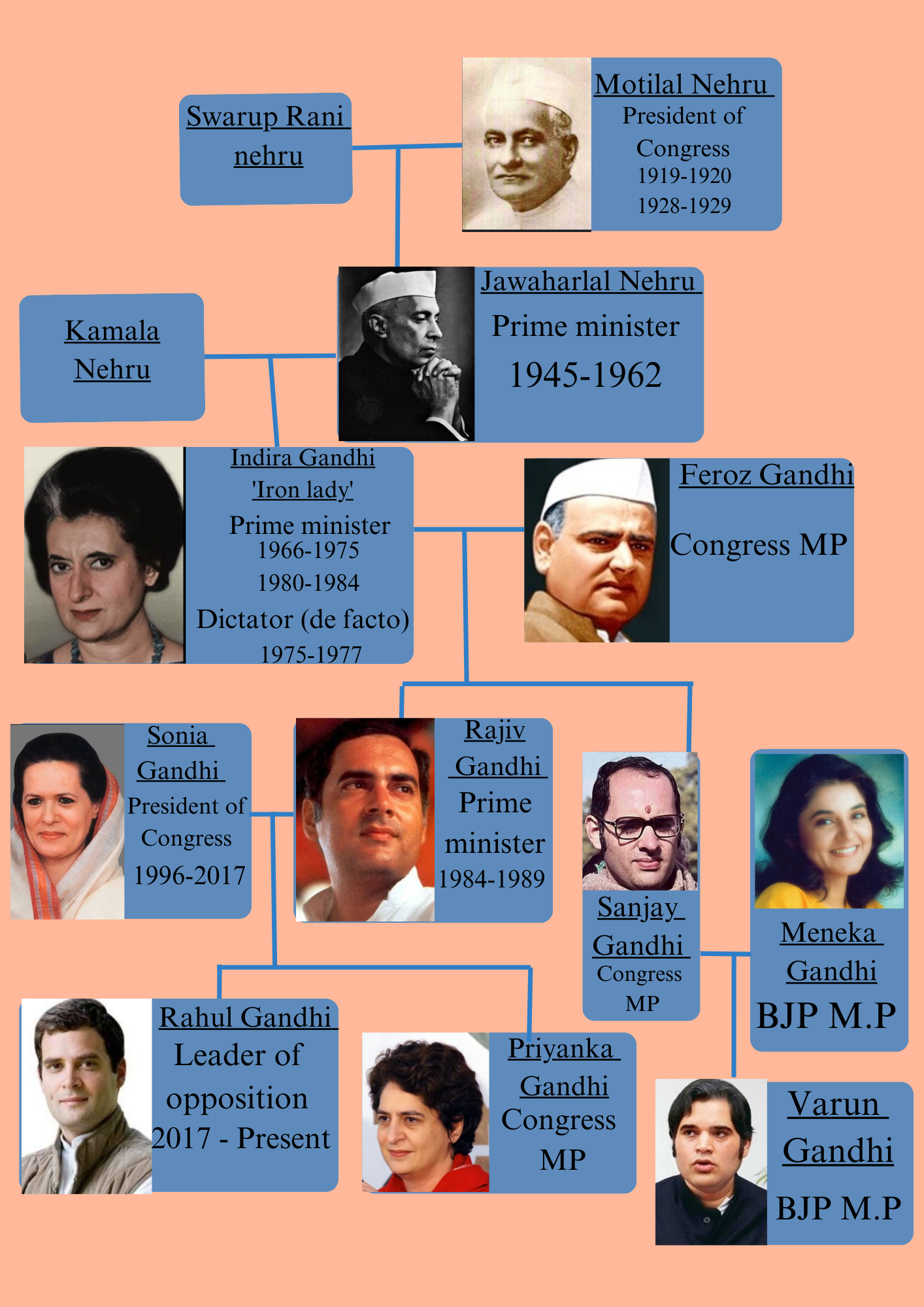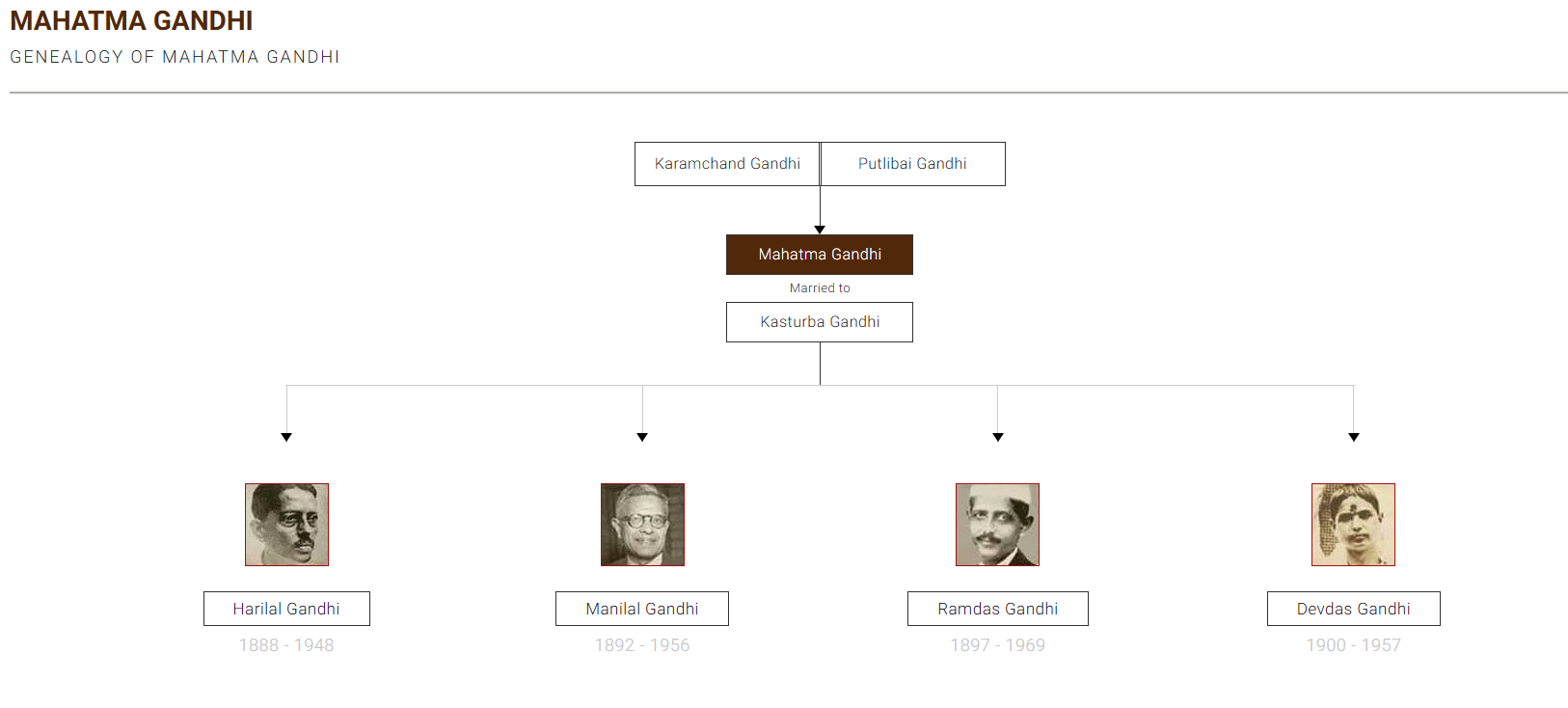The question of whether the Indian National Congress (INC) is an “anti-Hindu” party is a complex one, with different perspectives rooted in its history, political actions, and recent rhetoric.
Rahul gandhi hindu or christian
His grand father was parsi, so his father is a Parsi. His mother is christian, so he may be parsi or christian but never a Hindu. Muslims are his biggest vote bankers becuase hindus already trageted by BJP. divide and rule secularism is next key to politics.(but old tactic)

why nehru family has gandhi name
The “Gandhi” name in the Nehru-Gandhi family originated from Feroze Gandhi, who changed his surname from Ghandy to Gandhi. He did this to align himself with Mahatma Gandhi, the revered “father of the Indian nation,” and he became closely associated with the Nehru family. Feroze Gandhi’s wife, Indira Nehru, later adopted the surname Gandhi as well upon their marriage. The Nehru family, unrelated to Mahatma Gandhi by blood or marriage, adopted the name through this connection
feroze gandhi religion
Feroze Gandhi was born into a Parsi family. His parents, Jehangir Faredoon Gandhi and Ratimai, were Parsis according to Wikipedia. While he adopted the surname “Gandhi” to align with Mahatma Gandhi’s family during the independence movement, he was not biologically related to them according to Wikipedia.
Nehru is kahmir pandit and indira -nehru married feroz and then he became parsi – parsi religion. (iran)
The Parsi religion is Zoroastrianism, an ancient Iranian religion centered around the teachings of the prophet Zoroaster (or Zarathushtra).
parsi religion and islam
Parsis, also known as Parsees, are followers of Zoroastrianism, an ancient pre-Islamic religion from Persia (modern-day Iran). They are not related to Muslims and are a distinct ethnic and religious group with their own history and traditions. Many Parsis migrated to India after the Muslim conquest of Persia to escape religious persecution.
Gandhi family tree

navjat express incident
who coined “saffron terrorism”
Decoding Malegaon verdict: Saffron terror or not? | Pulse Maharashtra
, a bomb went off on a busy street in Malegaon, killing 6 people and injuring over a hundred. 17 years later a special NIA court acquitted all 7 accused in the quest, questioning the contradictions in the probes by 2 different agencies, the Maharashtra ATS and the NIA. The court also highlighted serious irregularities, contradictions
Previous Govt Set Hindu Terrorism Narrative’: Fadnavis Says Malegaon Verdict ‘Exposed Conspiracy’
mumbai attck 26/11
Historical Context and Secularism
- Secular Foundations: The INC was founded in 1885 as a secular political party. Its early members included Hindus, Muslims, Christians, and Parsis, with a majority of Hindus. The party has historically championed a form of secularism that aims to treat all religions equally and promote unity among diverse populations.
- Gandhi and “Ram Rajya”: Mahatma Gandhi, a pivotal figure in the independence movement and the Congress, used the term “Ram Rajya” to describe his vision of an ideal, just, and moral society, drawing on Hindu mythology but interpreting it in a secular and ethical sense.
- Nehru and State Secularism: India’s first Prime Minister, Jawaharlal Nehru, solidified the Congress’s commitment to a secular state, where the government would not be aligned with any particular religion. This was a core tenet of the Indian state’s founding.
- Minority Appeasement Allegations: Critics, particularly from Hindu nationalist groups, have accused the Congress of “minority appeasement” over the years. They argue that the party has favored certain minority communities, particularly Muslims, for electoral gain, at the expense of the Hindu majority. The Shah Bano case in the 1980s is often cited as a key example of this, where the Congress-led government passed a law to nullify a Supreme Court ruling on a Muslim woman’s right to alimony, a move seen by many as capitulating to religious hardliners. Another frequently cited instance is the “saffron terror” narrative, where BJP leaders have accused the Congress of fabricating a narrative to defame Hindu saints and nationalists, citing the Malegaon blast case.
Recent Trends and Rahul Gandhi’s Stance
- Shift Towards a “Soft Hindutva”: Following significant electoral losses in the 2014 and 2019 general elections, some political analysts have observed a shift in the Congress’s strategy. Rahul Gandhi, the party’s former president, has made conscious efforts to publicly display his Hindu identity, including visiting temples and performing puja during election campaigns. This has been interpreted by some as an attempt to counter the Bharatiya Janata Party’s (BJP) Hindu nationalist narrative and to win back Hindu voters.
- Hinduism vs. Hindutva: A key element of Rahul Gandhi’s recent political discourse has been the distinction he draws between “Hinduism” and “Hindutva.” He has defined Hinduism as a religion of truth, love, and non-violence, while characterizing Hindutva as a political ideology of violence, hate, and untruth. He has stated that India is a country of Hindus, not “Hindutvavadis,” and has called for “the rule of Hindus” as opposed to “Hindutvavadis.” This distinction has been met with both support and criticism. Supporters see it as an attempt to reclaim the religious space from the BJP’s political ideology, while critics accuse him of insulting and denigrating Hindus.
- Accusations of “Divide and Rule”: The term “divide and rule” is a historical reference to the British colonial strategy. In the modern context, it is a political accusation. The BJP and other critics have accused Rahul Gandhi and the Congress of using this tactic by allegedly pitting different communities against each other for political gain. The Congress, in turn, has accused the BJP of a similar strategy, claiming the ruling party uses religious polarization to consolidate its vote bank.
Conclusion
Whether the Congress is an “anti-Hindu” party is a matter of perspective and political debate.
- Proponents of the “anti-Hindu” view point to historical instances of what they call “minority appeasement,” a perceived neglect of Hindu interests, and Rahul Gandhi’s recent statements that they interpret as an attack on Hindus.
- Conversely, the Congress and its supporters maintain that the party is not anti-Hindu but is committed to a secular and inclusive vision of India. They argue that their policies are aimed at uplifting all communities, and that their criticism is directed at the political ideology of Hindutva, not at the Hindu religion itself. They also see the shift in their approach as a necessary response to the changing political landscape in India.
